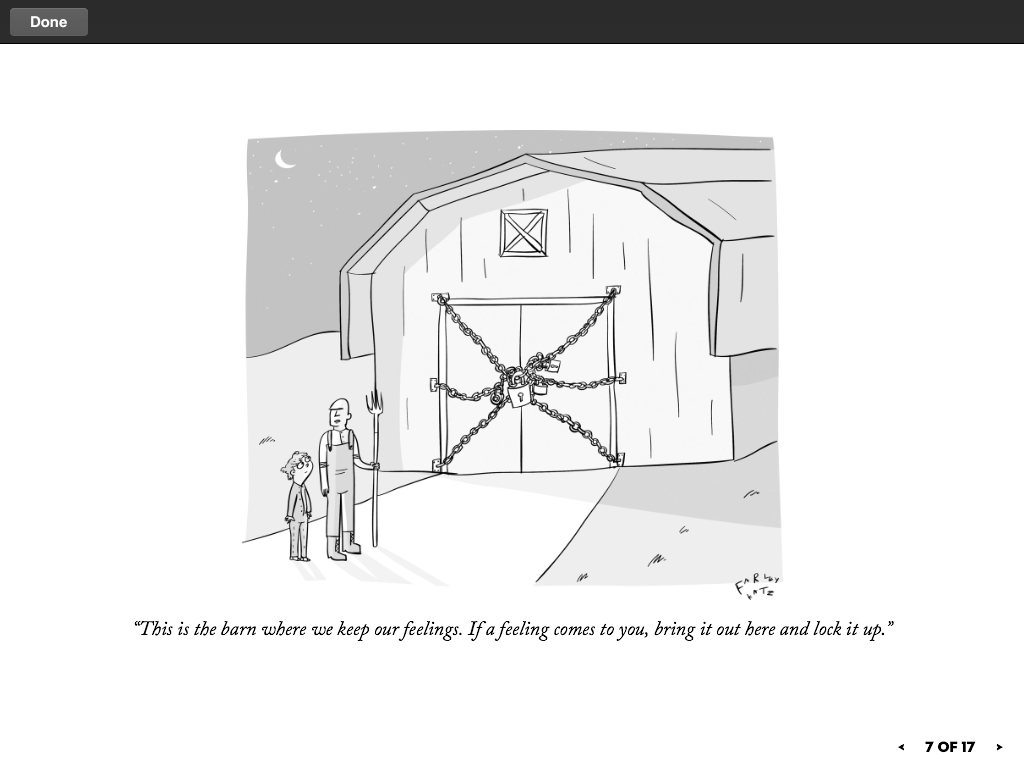I have a vague memory of hearing about a talk that
Stravinsky once gave in which he drew some sketches on the blackboard. This, he said, represents Wagner’s music.
This represents Schoenberg’s music.
Those are my hand drawn recollections of the sketches, but I
trust you get the point. Wagner had lots
of irrational expressionist impulses brewing inside, but he framed them in a
strictly tonal structure. Schoenberg simply
removed the frame.
Never read a single work by Doris Lessing. My bad.
Not sure that Briefing for a Descent Into Hell was the right choice for
my initiation. It is maybe the strangest
most complex book I’ve ever read. It is
very much like the Schoenberg sketch by Stravinsky: stream of consciousness and lots of
expressive language with no clear or helpful overarching framework. It’s up to the reader to figure it all out …
or not. It’s a short book, but not easy
to get through. There were numerous
places on the way where I almost gave up.
But it does reward the reader that hangs in. There is meaning even without the framework. It’s up to the reader to provide the
framework.
Unlike, say, David Mitchell’s literary pyrotechnics, where
the foreground might be messy but the overall structure is strict (and where
the overall structure actually informs the local narrative), here there is no
overall structure. We float. We have no idea where we are and what it
might mean. We have no clue where it’s
going and what the images might signify.
The reader has to place himself in the same uncomfortable uncertainty
(and perhaps insanity) that the narrator is experiencing. We don’t know where we are, what’s real, what’s
not. It's a kind of inner science fiction.
What results is an extraordinary view from a higher level,
from an almost god-like point of view that is both enlightening and
frightening. To understand at that level
is almost more than a mortal can bear, more than we can handle and at the
same time cope with day-to-day life.
Hence the insanity.
But I take comfort in Lessing’s strong assertion that there
is something larger, some bigger purpose, some higher level of existence which
really is out there. In our daily lives
we struggle to sense it, but every so often we get a signal that it’s out
there. The book is a kind of mythology
about those signals. If you’re often
disappointed by your day-to-day life, take solace. Read Lessing.



